Recent Blog Posts
Is Filing for Bankruptcy a Good Option for You?
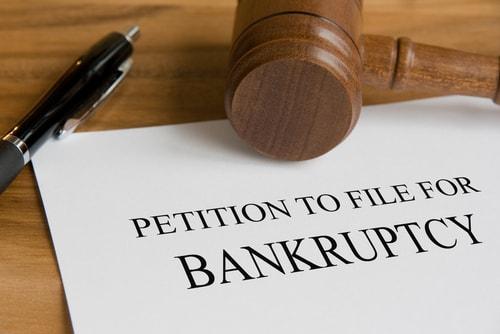 Every year, hundreds of thousands of Americans choose to file for personal bankruptcy. Although a stigma was traditionally associated with seeking bankruptcy relief, the Great Recession of 2008 taught the public that everyone, no matter how hard-working and responsible, can find themselves in need of assistance through no fault of their own.
Every year, hundreds of thousands of Americans choose to file for personal bankruptcy. Although a stigma was traditionally associated with seeking bankruptcy relief, the Great Recession of 2008 taught the public that everyone, no matter how hard-working and responsible, can find themselves in need of assistance through no fault of their own.
If you are struggling to pay back your debts on time, you are not alone. Thankfully, there are ways to get your finances back on track. If you are thinking about filing for bankruptcy, this opportunity may or may not be a great option for you. Whether filing for bankruptcy makes good sense depends upon the unique nature of your circumstances.
Why and How Are You Struggling?
Chapter 7 bankruptcy helps low-income filers to rid themselves of certain unsecured debts, like medical bills and credit card balances. Chapter 13 bankruptcy helps filers to reorganize their debts so that repaying what they owe becomes a manageable process.
How Are Different Types of Debts Addressed in a Bankruptcy Case?
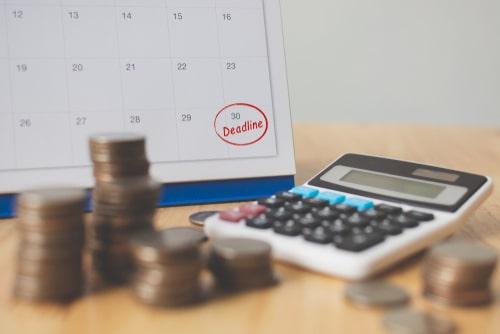
Bankruptcy is an avenue that may be available for individuals who are struggling to manage their debts. It can be an effective way of dealing with a wide variety of debts, such as medical bills, credit cards, mortgages, loans, and even unpaid taxes. However, understanding how different types of debts will be handled in a bankruptcy case is not always easy, especially since debts may be addressed differently depending on whether a person chooses to pursue a Chapter 7 or Chapter 13 bankruptcy. With the help of a bankruptcy lawyer, you can evaluate the different types of debts you have and determine your best options for relief.
Secured, Unsecured, and Priority Debts
Your approach to bankruptcy will depend on a number of factors, including the extent of your debts, the value of the assets you own, and the amount of income you earn. During the bankruptcy process, you may need to address debts such as:
Is it Possible to Convert a Chapter 7 Bankruptcy to Chapter 13?

Filing for bankruptcy can be a difficult decision. In some cases, a person may file for Chapter 7 bankruptcy, but they may later determine that a Chapter 13 bankruptcy would be more beneficial. In these cases, a person may be unsure about whether it is possible to convert from one type of bankruptcy to another. While these types of conversions are possible, there are certain criteria that must be met, and it is important to understand how bankruptcy laws may affect a case.
What Does it Mean to Reaffirm Debts During Bankruptcy?
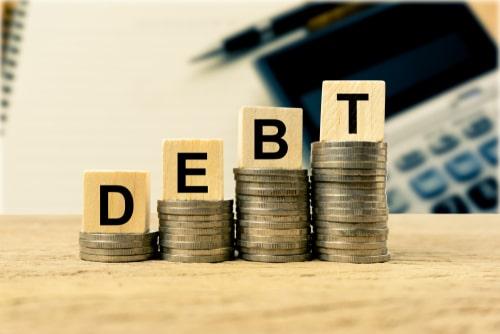
Are you considering filing for bankruptcy and have questions about the process? One question that often arises in these situations is whether you should reaffirm certain debts. Reaffirming a debt means you are willing to repay a debt that would otherwise be discharged through bankruptcy. It is important to understand the implications of reaffirming a debt before deciding if this is the right path for you. Understanding the process of reaffirming a debt and the obligations that may apply to you in these situations can help you make the best decision for your financial future.
What Is the Statute of Limitations for Credit Card Debts in Texas?

The laws put in place by different states have time limits that determine when a law may be enforced. The time limit for a certain law is known as the "statute of limitations." In cases where people have debts that are owed, the statute of limitations that has been defined in the laws of their state determines when creditors can take legal action to collect these debts. For people who live in Texas, it is important to understand what statute of limitations may apply and when they may be able to avoid paying debts or seek debt relief through bankruptcy.
What Is the Statute of Limitations in Texas?
In Texas, the statute of limitations for credit card debts is four years. This time limit begins on the date that the last payment was made toward a debt. This means that if four years have passed since a debtor made any payments toward the balance on their credit card, the creditor can no longer sue them to seek repayment.
What Are the Top Benefits of Filing for Bankruptcy?
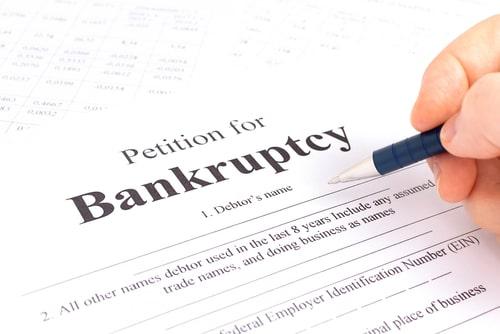
Filing for bankruptcy is a difficult decision to make, and it can feel like a last resort for people who are struggling with debt. Bankruptcy can be a complex and emotional process, and if you are in this situation, it can be hard to see the light at the end of the tunnel. However, there are some meaningful benefits that come with filing for bankruptcy. Here are some reasons that bankruptcy may ultimately be the best choice for you:
Stopping Creditor Harassment
How Should I Respond to a Lawsuit Filed Against Me by a Creditor?

If you have fallen behind on your debt payments and are being sued by a creditor, you may be unsure about your options. The prospect of a lawsuit can be very frightening, and you may be concerned that a creditor may attempt to garnish your wages, seize the funds in your bank accounts, place a lien on your home, or take other actions that could lead to additional financial difficulties beyond what you are already facing. In these situations, it is important to understand all of the options available to you, including whether you can address these issues by filing for bankruptcy.
How Are Non-Dischargeable Debts Handled During Bankruptcy?
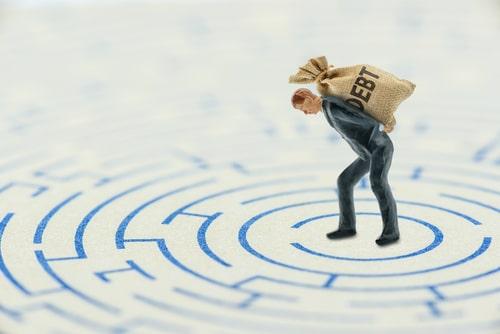
For people who have significant debts that they are unable to repay, bankruptcy is a process that can help them get a fresh start. Most consumer debts, including credit cards, medical bills, and loans, can be discharged through bankruptcy. Once the process is completed, these debts will be forgiven, and the debtor will no longer be required to pay what is owed. However, there are certain types of debts that cannot be eliminated. These types of debts, which are known as non-dischargeable debts, remain with the debtor even after the bankruptcy process has been completed. It is important to understand how these types of debts will be handled during a bankruptcy case.
Can I Catch Up on My Mortgage by Filing for Chapter 13 Bankruptcy?
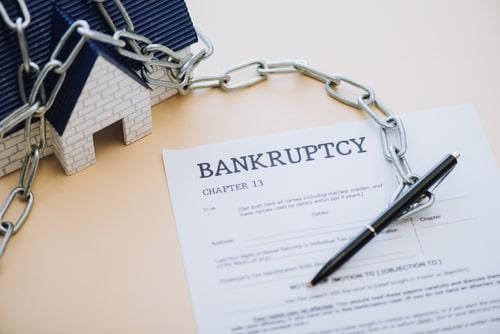
Are you struggling to make your monthly mortgage payments? Are you afraid of losing your home to foreclosure? If so, you may be considering whether filing for bankruptcy is the right move for you.
Most people are familiar with Chapter 7 bankruptcy, which involves liquidating your assets to pay off your debts. However, what you may not know is that there is another type of bankruptcy—Chapter 13—that can help you keep your home. In a Chapter 13 bankruptcy, also known as a wage earner's plan, you propose a repayment plan that outlines how you will repay certain debts over three to five years.
How Will Filing for Bankruptcy Affect a Lien on My Home?
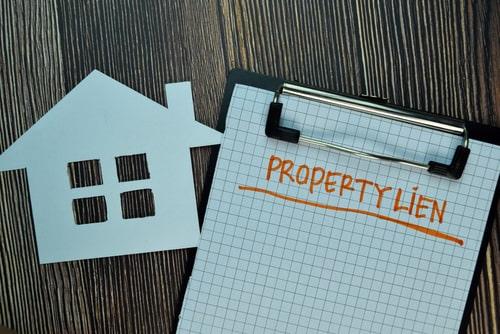
A lien on your home can be a major financial burden, especially if you have encountered financial difficulties and are struggling to make mortgage payments and repay other types of debts. If you are considering filing for bankruptcy, you may be wondering how this will affect any liens on your home. In some cases, you may be able to have liens removed, but in others, liens may remain in place after other debts are discharged, allowing creditors to take action to collect the amounts owed to them.






